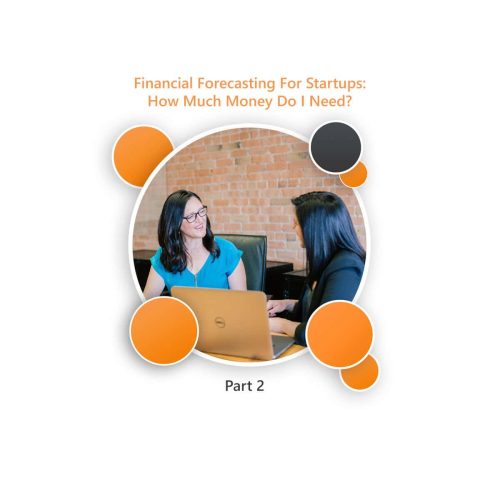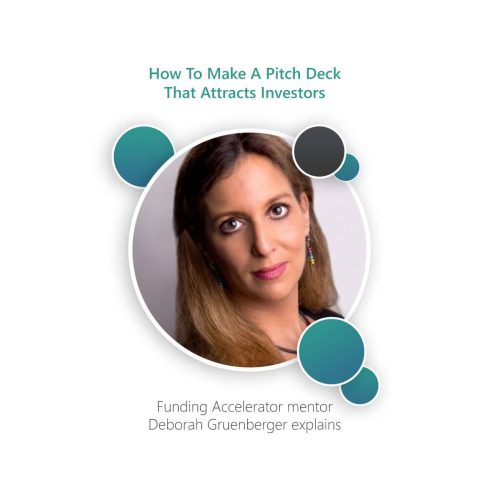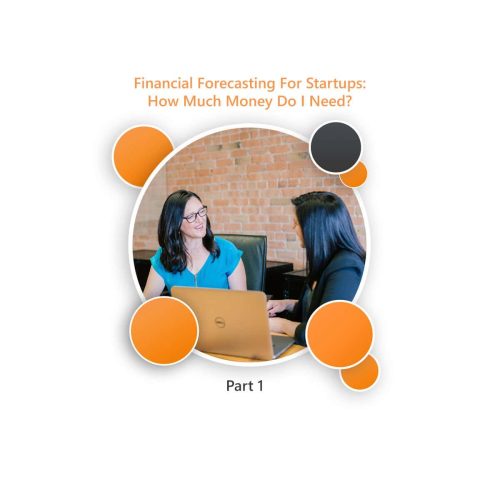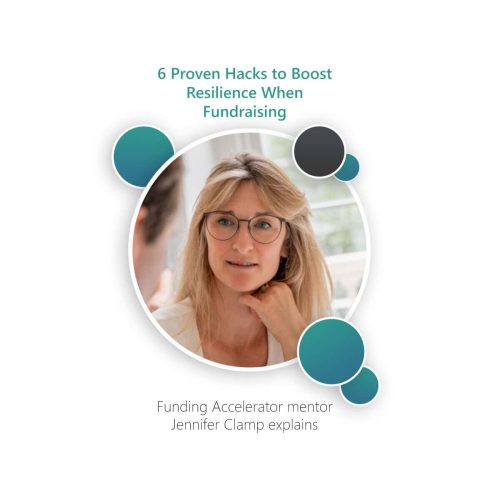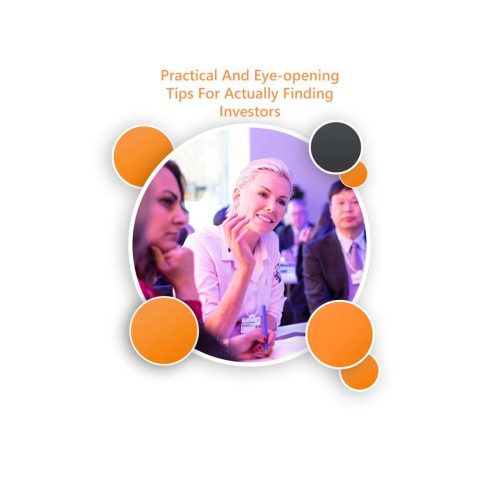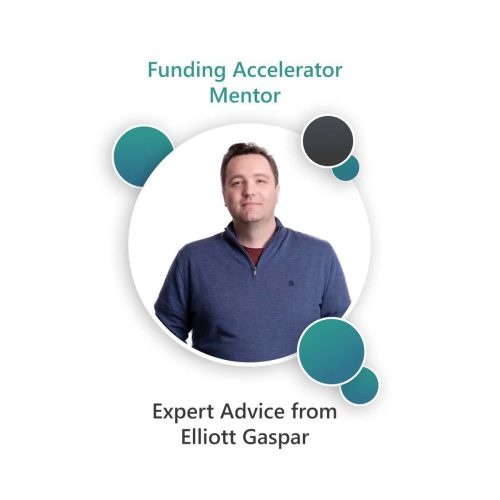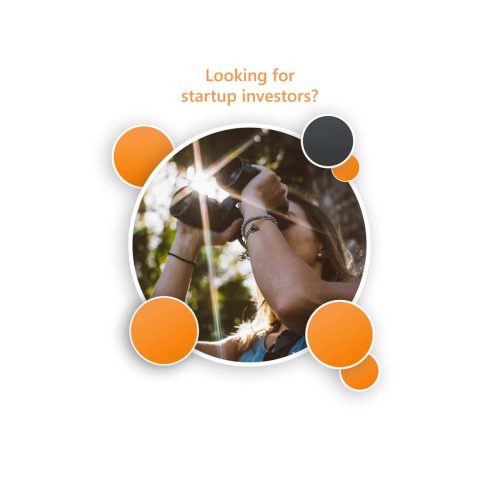This might seem an odd question. You go for investment when you need money, right? Wrong! Not only does it take time to raise investment – so you want to start raising investment at least 6 months before you need the money – but there are stages in every business’ life-cycle when it will be easier to raise external investment. Going for investment just because you need the money could mean you’ll waste time and energy. Worse still, the distraction of raising investment may mean your business suffers – making it harder still to raise investment. So, when is the right time to raise investment for your startup?
Hatty Fawcett, Founder of Focused For Business, interviewed two founders who have successfully raised investment in the last year and asked them whether there is a “right” time to raise investment.
Adam Beveridge, Co-founder of Hollabox, started his startup in 2016 and raised investment the same year and went on to raise a second seed round a year later. Hollabox is a social media that makes it easy to see inside the best venues, restaurants and places in real time so you can decide where to go for a great night out.
Sue Frost, Founder and CEO of Curamicus started her startup in 2015 with founder investment and a startup loan. She went on to raise seed investment in 2017. Curamicus provides wearable assistive technology for elders and vulnerable people that detects and reduces the risks of falls.
Hatty: Let’s start with the big question, is there a “right time” for a startup to raise investment?
Adam: This is a tough question to answer, as each business case is subjective and each investor has their own investment criteria. From my experience, I would say the most sought after criteria investors want is revenue from a proven business model.
“The earlier a start-up can prove it will make money, the more this de-risks the investment for the investor.”
The next “expected” criteria, would be a dedicated, full time founding team and a strong vision. A team breaths confidence, a strong vision helps form a path that people want to join you on. It’s a minimum starting point for any venture, I would say.
Sue: I think from a startup point of view it’s best to raise investment when you have a developed true business concept to the point that you’re able to prepare a detailed business plan. Preparing a business plan takes you through the process of self-examination as to the viability of the business for yourself and also clarifies what you’re offering in return for investment.
Hatty: Do you think a startup can go for investment too soon – or leave it too late?
Adam: A start-up can certainly try and raise too early.
“Raising money is so time consuming, to the point that founders can often neglect the core operations of their startup.”
Because of this, you want to make sure when you’ve finally got in front of the right people, and it will take a lot of intros and knocking on doors to get there, you have the right things to say. Otherwise you’ll get a “no” and realise you’ve wasted months of your precious runway.
To avoid wasting time, build credibility with an industry relevant advisory board, make powerful connections and partnerships, (with brands, accelerators and entrepreneurs) and focus on proving your market and concept as cheaply and efficiently as possible before you go for investment. But be wary of leaving it too late or investors may question your startup’s speed to market and scalability.
“The sweet spot is when you think you gathered enough data and evidence on a small scale, to prove there’s potential and a bigger picture.”
Sue: There are different stages to business investment applicable as a business grows.
“Recognise the right stage or type of investment applicable to your business when planning to approach investors.”
Hatty: Thinking about all the times you have raised investment, have you ever found it easier or more difficult to raise investment and what do you attribute that to?
Sue:
“To secure a first investment is challenging. However, once we secured the first investor it made it easier for subsequent investors to consider us.”
From the subsequent investors viewpoint, we had already been through the due diligence process with the first investor and this provided some level of confidence to subsequent investors.
Adam: It’s a lot easier when you already have capital committed, and brands or credible investors on board. Investors take notice of what you’re doing. It was much easier for us to raise when Just Eat invested in Hollabox – it’s a name everyone knows.
“The earlier you try and raise in your businesses life-cycle, the more you risk showing naivety, inexperience and have less proof of concept.”
We tried to raise 3-4 months into the start of our journey. It was too soon. Twelve months later, we had developed, learnt best practices and understood the investor landscape. Our pitches were better, we had a more mature product and a better understanding of our users. That, and a clear road map, meant we successfully raised.
Hatty: As you prepared to raise investment, what were you excited about and what concerns did you have?
Sue: I was excited about the prospect of being able to realise our business dream and bring our product to market so that we could make a difference in people’s lives.
I was concerned at the length of time the financing took as we had to deal with two organisations (three if you include the grant we took) and individual angels. However, I understood the need for due diligence on both sides of each transaction.
“Bringing in third party investors is a big step for any startup. We had to be sure we had the right fit for us as a team”
I needn’t have worried. We’re very happy with the group of seed investors we are working with now. Collectively and individually they are all very willing to help us with our business goals without becoming too involved in the business which is a good balance.
Adam: I was excited about meeting successful entrepreneurs and people who had a vast knowledge of start-ups and business. People who could open doors and give advice. Getting their time was precious, even if it didn’t lead to investment. I found people are willing to help and offer advice, even if they don’t invest.
I was understandably concerned about getting rejected by investors. We received many “nos”. It’s very common for startups on an investment journey but, naturally, the first few always hurt.
“The key with rejections is to quickly use each as a learning curve. Accept that raising capital takes time and keep working smartly to get in front of the right people.”
There’s a book I’d recommend – “Rejection Proof” by Jia Jiang. It helped me develop my investment armour and mindset.
Hatty: Did you have a “lead investor”? Did that make the process of raising investment any harder or easier?
Sue: We did have a lead investor and it was very helpful in the seed round as this provided additional confidence to other investors.
Adam: At first, no we didn’t. We secured a place on a couple of accelerators, including Just Eat. Through this we found a lead investor, the founder and CEO of Tossed.
“The support and connections received from our lead investor where amazing, but also, mentioning the lead investor to other stakeholders and investors, opened doors and made raising from other investors easier.”
Securing a lead investor meant we had terms sheets in place, a committed valuation and share price and a high percentage of investment target committed. That certainly makes raising investment easier.
Hatty: What practical advice or tips would you offer to anyone preparing their business for investment?
Sue: Have a clear idea of how you’re going to make money and what the projected return on investment will be for the investor.
“As an entrepreneur when you have a business idea it becomes very personal to you. Sometimes it’s easy to forget you’re in business to make money.”
Investors are somewhat comforted to see your passion and vision but you also need to know where you want the business to be in 3 – 5 years’ time.
Adam: I would say introductions are key. Investors get hundreds of investment opportunities a week. The way to make sure your start-up stands out is to be introduced by someone the investor trusts. To make sure this happens, build out your network. Become part of networks, accelerators, communities and attend meet-ups. Use your network to ask for introductions.
Don’t just go straight in for “the ask” either. Warm up your contacts with regular progress updates, offer help where you can and show an interest in their own ventures or activity. Reaching out cold is harder and comes across selfish. Help your community, and, when the time is right, it will help and reward you.
Hatty: Do you have any advice or tips on how to maintain your energy, motivation and commitment when raising investment?
Adam: Believe in what you’re doing. You started your start-up because you saw an opportunity and you’re one of the few people that got up and decided to do something about it. Believe that others will see that opportunity too and want to help you. It is draining emotionally and time wise, and the sucker punch is that it doesn’t always have a happy ending.
Sue: In my experience to raise investment requires a lot of energy and it can be exhausting physically. If you’re into exercise then obviously this will help with the stress.
“Keep in mind that this is a phase to your business that is necessary to achieve your longer term goals but it is a temporary period which when achieved will enable you to succeed.”
I’ve met some great people along the way who have encouraged me when I needed it the most for which I’m most thankful.
*****************
Is your Startup ready for investment?
Take the Startup Investment Scorecard to discover if your Startup is ready for investment. Start here
Further reading
Discover why “traction” makes it quicker and easier to raise investment
- Looking For Funding? Here’s Your Step-By-Step Guide to Finding Startup Investors - October 7, 2024
- Part 2 – Financial Forecasting For Startups: How Much Money Do I Need? - September 16, 2024
- How To Make A Pitch Deck That Attracts Investors - September 10, 2024

